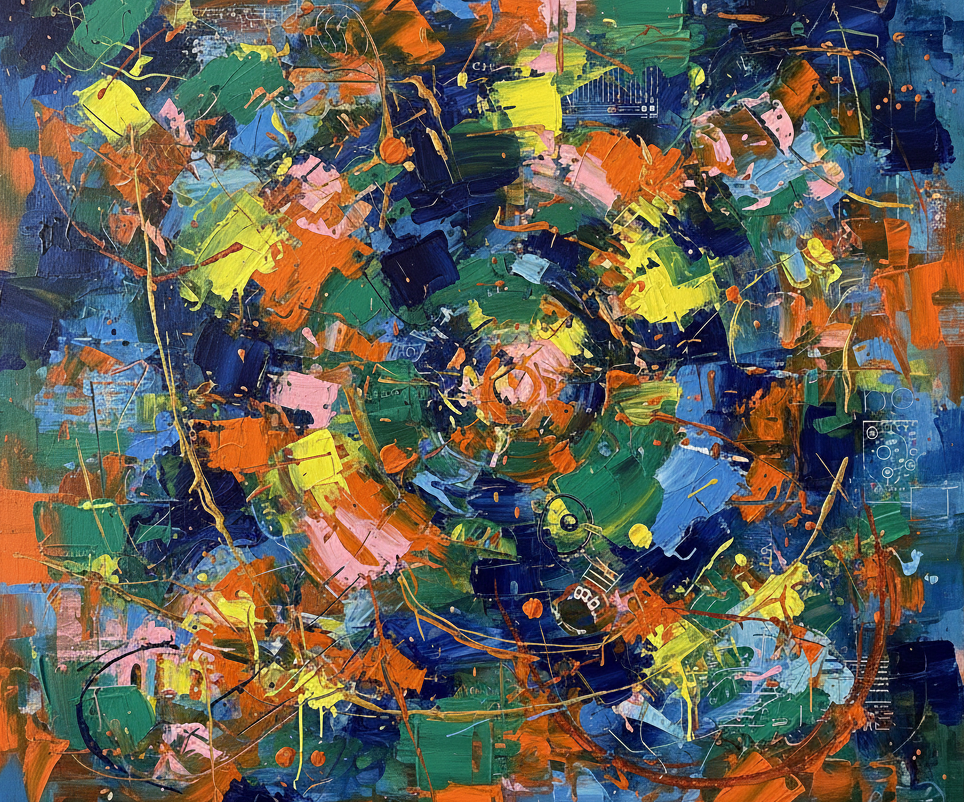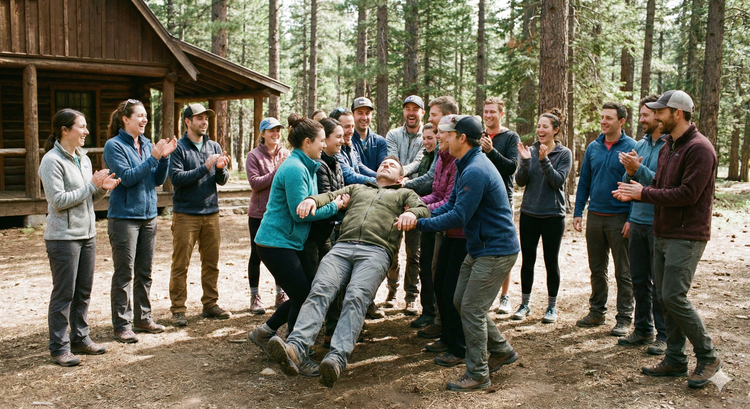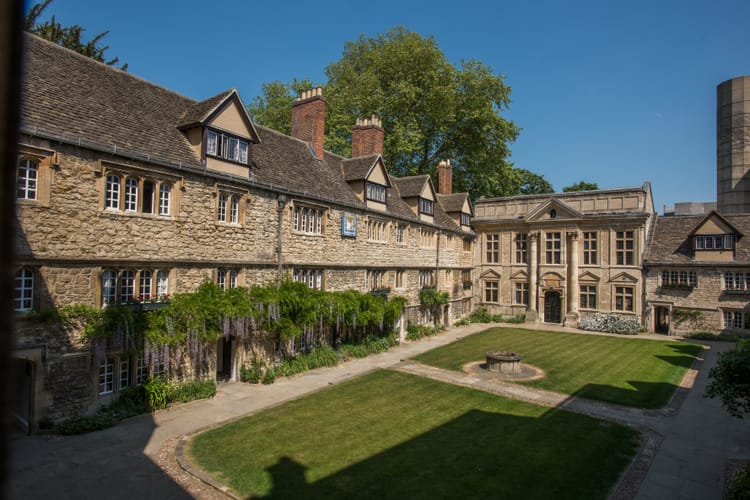Briefly Noted: AI links for back-to-school

As a new semester begins, I'm pretty sure we're all thinking about how AI will affect our teaching and research this fall. Here are a few recent, thoughtful links about AI's role in education, research, and cultural heritage that have helped me think through this changing terrain.
Yale professor of creative writing Meghan O’Rourke offers a nuanced and deeply personal look at the role of generative AI in her own work and that of her students in "How A.I. Is Changing the Way We Think and Write."
Dan Cohen offers a vision for a more productive, less extractive relationship between AI and cultural institutions in his post, "AI and Libraries, Archives, and Museums: Loosely Coupled." Cohen highlights several potential models by which these institutions can "loosely couple" with generative AI platforms, allowing these tools to operate on their collections without ceding control.
Political scientist Yascha Mounk argues that we are living through a transformation that could be on par with the industrial revolution, yet marvels at how many intellectuals are still engaged in "AI denialism." In "The Peculiar Persistence of the AI Doubters," Mounk identifies and refutes three common forms of this denialism: that AI is incompetent, that it's "just a stochastic parrot," and that its economic impact will be minimal. He contends that these arguments are self-serving and willfully ignore the technology's profound capabilities and the changes it will demand.
Finally, in "OpenAI's new 'Study Mode' and the risks of a too-pleasant machine," Benjamin Breen runs through a series of striking experiments with Study Mode, showing how the AI's overriding directive to make its user comfortable creates an "eerie frictionlessness." Breen's post shows how tools optimized for student satisfaction may be fundamentally at odds with the friction and challenge that true learning requires.






Member discussion